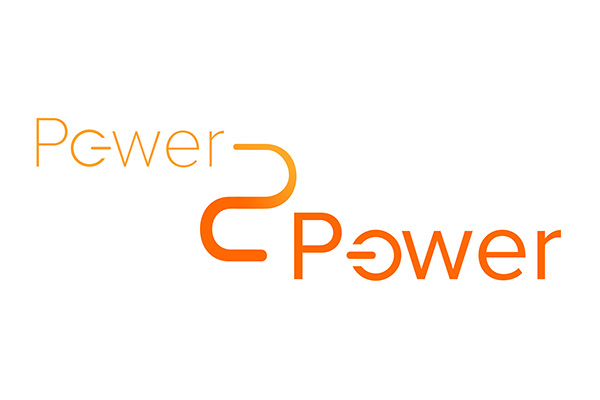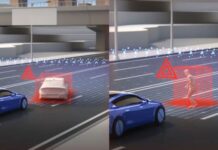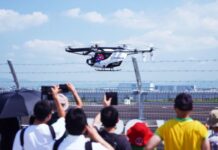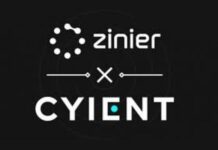Dresden, Germany– The European collaboration project Power2Power has been successfully completed. Over the past three years, 43 partners from industry and research jointly developed novel power semiconductors with higher power density and energy efficiency. Power semiconductors are necessary in all stages of energy conversion: in generation, transmission and use of electrical current. More efficient semiconductors make a significant contribution to reducing carbon dioxide emissions in spite of rising global energy demand. Universities, research institutes, small and medium-sized enterprises and international corporations participated in this project which was coordinated by Infineon Technologies Dresden GmbH & Co. KG.
“Climate change is the great challenge of our time,” says Constanze Hufenbecher, Infineon Technologies AG Management Board member and Chief Digital Transformation Officer. “Decarbonization is the only way to limit global warming and preserve the livelihood of future generations. We have to transform our energy system along the entire energy chain if we are to achieve global climate targets. We have to rigorously make use of all three available levers: intensifying clean energy generation, significantly increasing energy efficiency and electrifying application areas that have in the past been dominated by fossil fuels.”
The comprehensive efforts of Power2Power make it possible to produce smart power electronics in order to steer the market towards energy-efficient applications. This is an important contribution to meeting the European Union’s carbon dioxide reduction goals. The collaborative project’s strong partnerships and investments in innovation made a strong contribution to creating and securing highly qualified jobs and consequently to support the German Federal Government’s High-Tech Strategy 2025. Power2Power achieved significantly improved power semiconductor solutions for high voltages. These silicon-based IGBT solutions are also characterized by reliability and robustness, which are especially important in transport and (heavy) industrial applications, for example in battery systems and chargers for electric vehicles and high-speed drives, in power supply solutions for welding technology and for renewable energy storage in the grid.
In the area of electro-mobility in particular, solutions developed by the Power2Power consortium enable a significant reduction in energy consumption and energy conversion with efficiencies of over 98 percent for converters and drive trains in electric vehicles. The project’s results have also successfully shown that the lifetime of electric vehicle chargers can be extended by 1.5 times, and that the cost of inverters for trains can be reduced by 30 percent. The European Union funded the collaboration as part of the ECSEL program (Electronic Components and Systems for European Leadership). In the meantime, the new Key Digital Technologies (KDT) Joint Undertaking has taken over the ongoing activities of the ECSEL program.
“Power electronics is one of the most important key industries in Europe and will be of central importance if we in Europe are to achieve our climate goals,” says Yves Gigase, Acting Executive Director of the KDT Joint Undertaking. “In the collaborative Power2Power project, the 43 consortium partners successfully developed novel solutions that will sustainably strengthen the competitiveness of the European microelectronics industry and increase its manufacturing share in the global market. The project made significant improvements in particular in technology, resulting among other things in greater reliability. It also set up a pilot line for the future large series volume production of IGBT chips.”
The volume of the Power2Power project totaled 74 million euros. Funding from Germany was provided by the German Federal Ministry of Education and Research and from the two German states Saxony and Thuringia. The partners from the other seven countries were also sponsored by their respective national authorities. A detailed overview including project partners, publications and results can be found at www.power2power.eu. In the next project, PowerizeD, which will start as early as January, a consortium of 62 partners will work on the digitalization of power electronics applications within key technology value chains. Coordinated by Infineon, collaboration among European regions and supply chain partners will again play a central role in this project. PowerizeD is the next step towards securing European leadership in significant economic and technological fields.


















